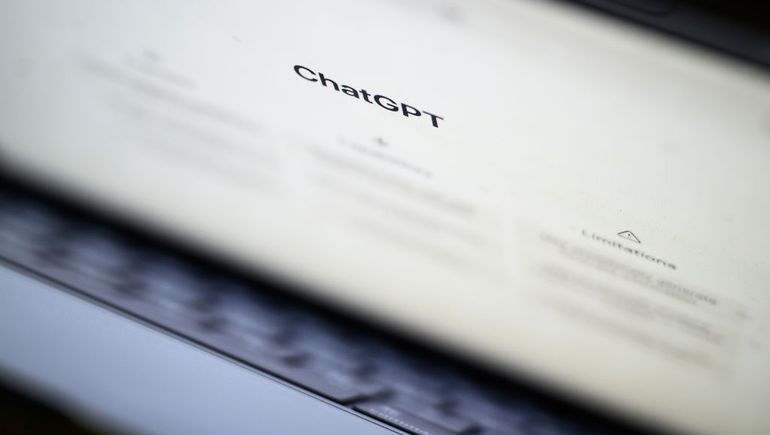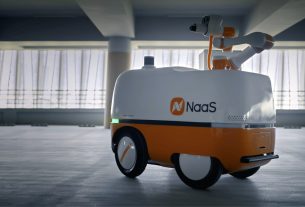Dive Brief:
- Amid growing public interest in artificial intelligence tools thanks to technologies like chatbot ChatGPT, more than one-third of workers in a recent Fishbowl survey said they had used AI tools for work-related tasks.
- That represents an increase from the 27% of professionals in an early January Fishbowl survey who said they used generative AI tools for work purposes. However, 68% of respondents in the most recent survey who said they were using AI tools were doing so without first informing their bosses. The survey included responses from 11,793 Fishbowl users.
- Fishbowl, a social platform for work and professional conversations, said it had observed a 107% increase in posts and comments mentioning ChatGPT between Jan. 2 and Jan. 23. The company added that users were using ChatGPT for creating resumes and cover letters, copywriting, coding and drafting sales and marketing emails.
Dive Insight:
Launched in late November 2022, ChatGPT quickly rose to global prominence as an example of AI technology.
The tool, launched by OpenAI, allows any user to input prompts that generate text produced by ChatGPT’s algorithm. Users have already demonstrated numerous ChatGPT capabilities, leveraging its AI-backed tech to create anything from college essays to screenplays to songs.
As Fishbowl’s research shows, ChatGPT may have some legitimate business applications. Marketers, for example, may consider using the tech to create advertisement copy, Marketing Dive reported.
OpenAI has even launched a premium version of ChatGPT that would provide enterprise users access to features such as higher message limits and faster performance, according to CIO Dive.
ChatGPT has the potential to change HR itself, but multiple sources warn that the tool is far from perfect. Stack Overflow, a program used by software developers and engineers, announced a temporary ban of ChatGPT due to inaccuracies generated by the chatbot.
Plagiarism and originality are also potential concerns. Educational institutions, for example, have banned access to ChatGPT, citing the possibility of misuse by students.
Organizational pushback even led OpenAI to develop a tool, known as a text classifier, to help identify whether a piece of text was developed by AI — though this tool is still a work in progress, CIO Dive reported.
Federal regulators, including the U.S. Equal Employment Opportunity Commission, have warned about the discriminatory potential of AI, particularly in the hiring context. EEOC recently identified AI and automated systems in hiring as one of its subject matter priority areas for strategic enforcement.



